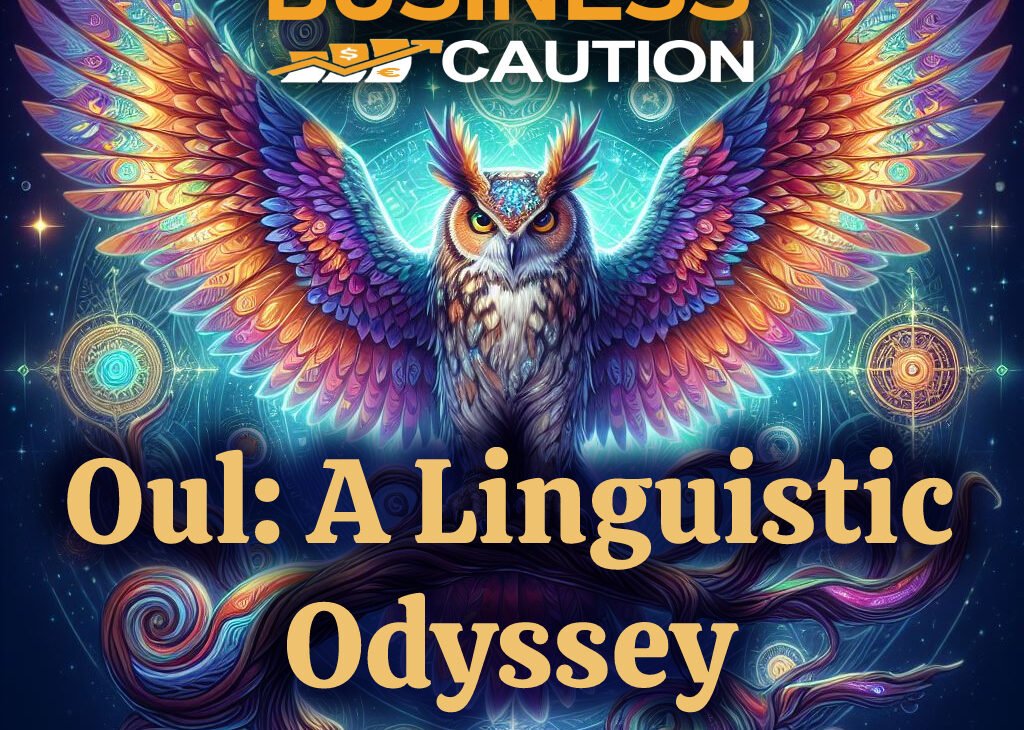Whether you stumbled upon “Oul” in a Scrabble game or heard it in conversation, you might be curious about its meaning and usage. Fear not, as we embark on a journey to unravel the mysteries of this intriguing word.
Understanding “oul”
“Oul” is a versatile term in the linguistic landscape with various interpretations across different languages and historical contexts. To navigate its complexities, let’s delve into its nuances step by step.
The Pronunciation of “oul”
Before we dive deeper, let’s get the pronunciation right. Say it with me: /əʉl/. Easy, isn’t it? Now that we’ve mastered the pronunciation, let’s explore its diverse applications.
The Adjective “oul”
In certain dialects, particularly in Ireland’s Mid-Ulster region, “owl” serves as an alternative form of “Ould.” It’s a word that adds a touch of regional flavor to conversations, enriching the linguistic tapestry with its unique charm.
Unraveling Middle English “oul”
Traveling back in time, we encounter “Oul” as an alternative form of “Oule” in Middle English. Though it may seem archaic, understanding its historical usage sheds light on the evolution of language over centuries.
The Scots Connection
In the Scots language, “Oul” takes on the form of “Ool” and carries the meaning of “Owl.” This demonstrates how words transcend borders and evolve within distinct cultural contexts.
Etymology: Tracing the Roots
Etymology aficionados, rejoice! We embark on a journey to uncover the origins of “Owl” in its various forms. From Middle English to Scots, each iteration unveils a piece of the puzzle, enriching our understanding of linguistic evolution.
Exploring Usage: From Verb to Noun
“Oul” is not confined to one part of speech; it embraces both verb and noun forms with gusto. In Scots, it transforms into a verb meaning “to treat harshly” or “ill-use,” adding depth to its linguistic repertoire.
The Modern Context
In contemporary discourse, “owl” may seem like a relic of the past, but its presence persists in regional dialects and literary works. Its versatility ensures that it remains relevant, albeit in niche contexts.
ALSO READ: https://businesscaution.com/2024/05/03/joip-power-of-digital-connection/
Conclusion: Embracing Linguistic Diversity
As we conclude our exploration of “oul,” let’s appreciate the richness of language and its diversity. From its humble beginnings to its modern manifestations, “ould” reminds us of the intricate tapestry of words that shape our world.
So, the next time you encounter “oul” in conversation or text, remember the journey we’ve embarked upon and embrace its linguistic charm with newfound appreciation. After all, language is a journey, and “oul” is just one fascinating stop along the way.
Last modified: May 11, 2024


















